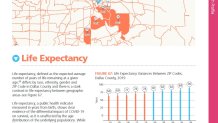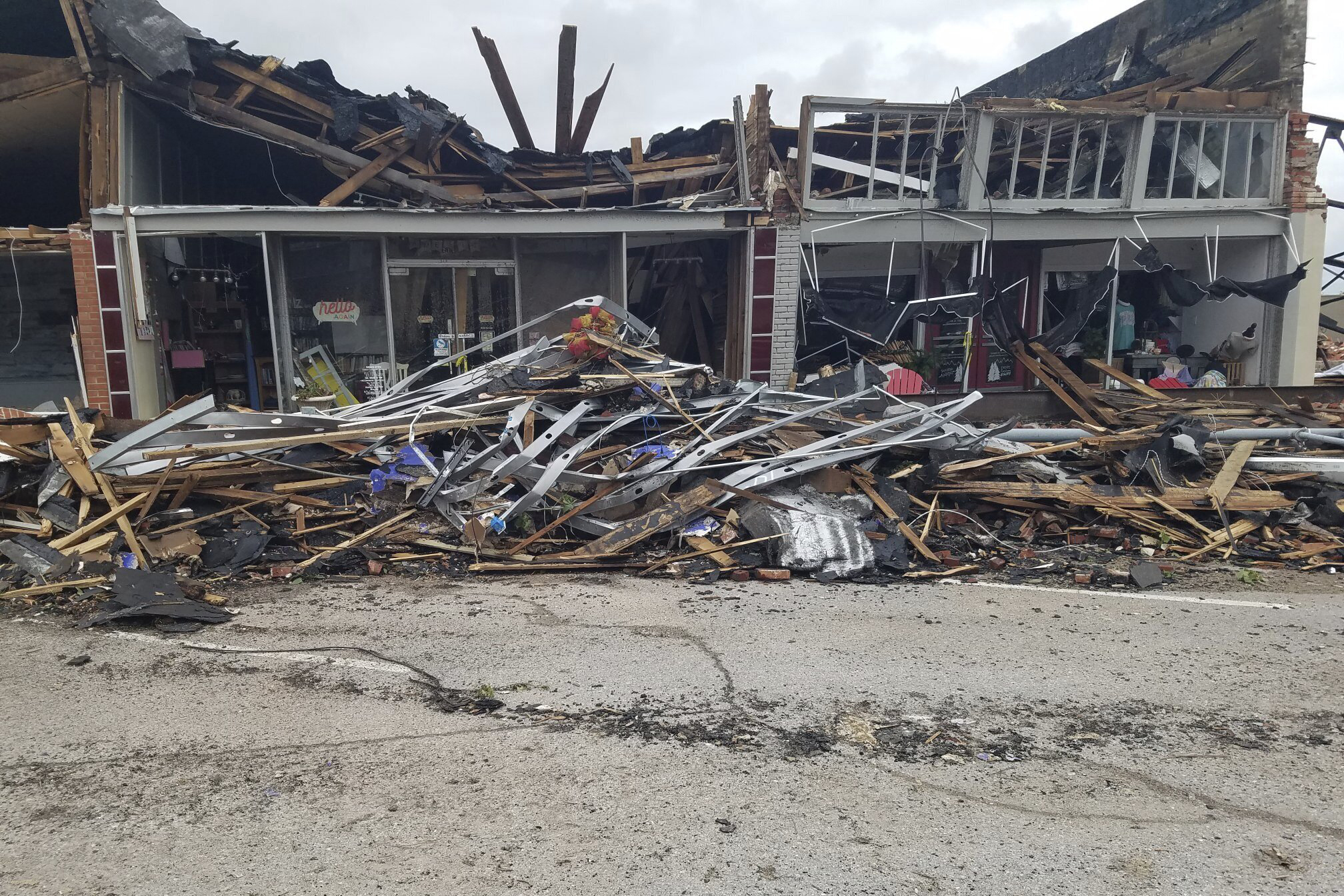Heart Disease and Cancer remain the leading causes of death in Dallas County based on new data. Chronic diseases, behavioral health and preventative care were some of the topic concerns according to people surveyed in Dallas County.
Tuesday morning Parkland Health and Dallas County Health and Human Services (DCHHS) presented the results of the 2022 Dallas County Community Health Needs Assessment (CHNA).
It's done every three years and is also part of a requirement of the Affordable Care Act for non-profits and governmental hospitals.
"It's a massive undertaking looking at the health of the entire community and mapping areas of deprivation where there are greater needs and we use that information to then go and design programs and develop interventions to try and improve the overall health of the community," said Dr. Fred Cerise, President and CEO of Parkland Health.
Get DFW local news, weather forecasts and entertainment stories to your inbox. Sign up for NBC DFW newsletters.
Parkland and DCHHS held focus groups and also used a survey to collect information from the community last year. About 278 people took part in the 40 focus group sessions and 437 responded to the survey. Many who filled out the survey came from zip codes in the southern and eastern parts of the county.
The data was broken down in several different ways by gender, race and sexual orientation. The reoccurring theme was that certain zip codes had less healthy outcomes.
"The biggest message for me are that there are big disparities in health quality depending on where you live in Dallas County," said Cerise.
"The CHNA shows some of the long-standing problems we've had in Dallas County, some of the disparities, depending on the zip code you live in can be a 23-year gap in life expectancy," said Dr. Philip Huang, Director of DCHHS.

He said this points out underlying factors that contribute to these problems which are deep-rooted in socioeconomic, especially in low-income areas.
Local
The latest news from around North Texas.
"The chronic diseases, heart diseases, cancer are still the leading killers and something we need to work all together to address these issues. As pointed out, clinical services are only about 20% of health, but it's these other factors too, like for heart disease having access to healthy foods, being able to get physical activity in lighted safe areas as part of your day-to-day life," said Huang highlighting that a lot of external factors contribute to the health issues.
At a stand along Parkland Clinic in South Oak Cliff, every day Dr. Rahul Bhongir, a family medicine physician, sees firsthand the results of this data on the ground.
"We see a lot of morbidities, in other words, patients who are sick, and most of the reason is because of diabetes and high blood pressure and of course a lot of special economic reasons that also contributes," said Bhongir.
He said many of the patients he treats happen to be Hispanic and work blue collared jobs. Obesity, lack of access to care, stress, and lack of fresh food are also contributing factors to chronic diseases Bhongir explained.
"It can be really disheartening, I would use the word more as frustrating," said Bhongir who explained that most of these illnesses are often preventable.
All this information in the CHNA is expected to be used to help with improving the health of communities.
During Tuesday's presentation, Dallas County Commissioner John Wiley Price listened to the information and wasn't surprised.
"At the end of the day it's pretty much more of the same," said Price about the continuing health issues in communities of color.
He said while Parkland Health and other health entities have funded a number of programs, he said there's still an issue of access.
"The problem is we still have a number of issues that impact the delivery. Nobody talked about transportation deprivation, 40% of my district is transportation deprived, so access is still an issue," He said. "When I talk about food deserts, broadband deserts, all the deserts we still harbor all of them and again, a 23-year difference of life between South of I-30 and North of I-30."
Those behind the health assessment hope the data sheds more light on issues that need solutions to improve the health of the community overall.
In addition to chronic diseases, the CHNA found that mental health ranked second in regard to health care concerns. This also encompasses addiction and during the presentation was brought up as the fentanyl crisis remains a top issue.
"That's why we're trying to work with the city of Dallas, the Fire Rescue to get some of this data out there for real-time, so some of the response to overdoses can be mapped and see where the hot spots are so collectively there can be a response," said Huang.
Last year the city of Dallas began looking at a proposal to address drug overdoses in Dallas, which involves technology for real-time information on overdoses.
Maternal health, child health and other topics were discussed in the assessment. Click here to read more.



